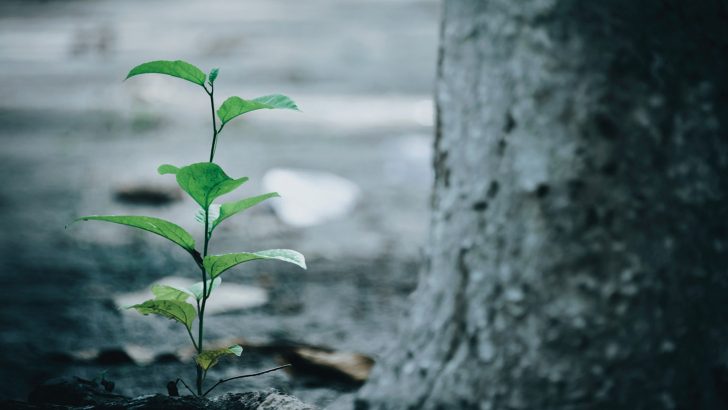Green Fingers
“It may be doubted whether there a many other animals which have played so important a part in the history of the world as have these lowly organised creatures”, said Charles Darwin.
Darwin wrote this in 1881, he spent over 40 years studying them. As gardeners we should think more about them, what they do for us and more importantly what we can do for them.
Earthworms are a sign of a healthy soul. The more earthworms in your soil, the healthier it is and the more nutritious it is not only for them but for your plants. It’s been estimated there could be as many as 1 million earthworms per acre in healthy soils.
They aerate the soil, acting as sub-surface ploughs. Their borrows become tubular pathways facilitating the movement and storage of water, leading to improved drainage as well as water retention in the soil. They also enable the downward passage of roots. As earthworms travel through the soil, they excrete coelomic fluid which helps them move. It is also rich in glycoproteins, which encourages the growth of bacteria, fungi and soil microbes. These are the enablers of plant growth, breaking down soluble and insoluble organic matter into forms plants can use. Some convert compounds into nitrogen that plants use to build up proteins. They produce enzymes that catalyse the mineralisation of phosphorous which is important for plant growth.
Science is only beginning to understand the universe of soil organisms, the services they perform and how they interact with each other and effect plant life above them. Elaine Ingham, one of the world’s leading microbiologists has said “modern farming has reduced soil to ‘dirt’ – a sterile medium in which plants struggle to grow without artificial fertilisers. It has a self-perpetuating cycle of destruction and chemical dependence. Without soil organisms and soil structure to retain them water and soil nutrients leach away and the soil compacts.
To encourage earthworms in your soil, disturb it as little as possible, don’t be too tidy in your beds, mulch with homemade garden compost and leaf mould and most important of all stop using chemicals or at least only us as a last resort. You don’t need them, your plants don’t and your soil organisms definitely don’t need them.


 Paul Gargan
Paul Gargan
